Sleeping in your car might seem like a practical solution during a long road trip, an unexpected emergency, or even as a temporary measure during financial hardship. However, the legality of doing so varies significantly from state to state and even between cities. In Colorado, a state known for its breathtaking landscapes and outdoor adventures, the rules around sleeping in your car are nuanced. Whether you’re a traveler, an adventurer, or someone facing difficult circumstances, understanding Colorado’s laws is essential to avoid fines, legal trouble, or uncomfortable encounters with law enforcement.
This article provides a comprehensive overview of the legality of sleeping in your car in Colorado, covering state laws, local ordinances, safety considerations, and practical tips to stay within legal boundaries.
Understanding Statewide Laws in Colorado
Unlike some states that have explicit statewide laws prohibiting overnight parking or vehicle dwelling, Colorado does not have a blanket law that makes sleeping in your car illegal everywhere. Instead, the legality often depends on where you park. On state and federal lands, such as national forests or rest areas, rules can be more permissive, while cities and counties often enforce stricter regulations.
Generally, sleeping in your car is not inherently illegal in Colorado, but it is heavily regulated in certain contexts. Law enforcement often intervenes based on complaints or visible violations, such as parking in prohibited areas, loitering, or suspicion of impaired driving. It’s also important to note that even if an area doesn’t explicitly ban sleeping in cars, other laws—like trespassing or obstruction—might be applied.
Local Ordinances and City-Specific Rules
Many cities and towns in Colorado have their own ordinances regarding overnight parking and sleeping in vehicles. These rules are often designed to address safety concerns, prevent homelessness, or maintain public order. Below are some examples of how major cities in Colorado approach the issue:
Denver: Denver has specific regulations aimed at preventing vehicle dwelling, especially in residential areas. Overnight parking on public streets is often restricted, and sleeping in a car parked illegally can lead to citations or towing. The city also enforces camping bans, which can include sleeping in vehicles if deemed a public nuisance.
Boulder: Boulder is known for its strict enforcement of parking and camping laws. Overnight parking is prohibited in many public lots and streets, and the city actively discourages vehicle dwelling. Violators may face fines or be directed to resources for shelter.
Colorado Springs: Rules in Colorado Springs are somewhat more lenient compared to Denver and Boulder, but sleeping in cars is still regulated. Parking overnight in city parks or residential neighborhoods without permission is generally not allowed. The city also partners with local organizations to provide alternatives for those in need.
Mountain Towns and Tourist Areas: In popular destinations like Aspen, Vail, or Breckenridge, sleeping in cars is often strictly prohibited due to tourism, safety, and aesthetic concerns. Many of these towns have ordinances against overnight parking in public areas, and private properties vigorously enforce no-parking rules.
Where Is It Permissible to Sleep in Your Car?
While many urban areas restrict overnight vehicle dwelling, there are still places in Colorado where sleeping in your car is tolerated or explicitly allowed:
Rest Areas:
Colorado’s highway rest areas typically permit short-term stops for fatigue relief, including napping. However, extended overnight stays are often discouraged or limited. It’s advisable to check posted signs for time restrictions.
Wal-Mart and Other Retail Parking Lots:
Some Wal-Mart locations historically allowed overnight parking for RVs and cars, though policies have become more restrictive in recent years. Always seek permission from store management before settling in for the night.
Bureau of Land Management (BLM) and National Forest Lands:
Colorado is home to extensive public lands where dispersed camping is permitted. In many BLM and National Forest areas, you can park and sleep in your car for free, usually for up to fourteen days within a thirty-day period. Always verify local rules, as some areas may have seasonal restrictions or require permits.
Campgrounds and RV Parks:
For a small fee, designated campgrounds and RV parks offer safe and legal places to sleep in your car. Many state parks and private campgrounds accommodate car campers.
Safety Considerations and Best Practices
Even if you’re in a location where sleeping in your car is legal, safety should always be a priority. Follow these tips to ensure a secure and comfortable experience:
Choose Your Location Wisely:
Opt for well-lit, populated areas like truck stops, designated campgrounds, or retail parking lots with explicit permission. Avoid isolated or poorly lit spots where you might be vulnerable.
Be Discreet:
Drawing attention to yourself can lead to unwanted encounters with law enforcement or others. Use window coverings, park legally, and avoid running the engine excessively.
Prepare for the Weather:
Colorado’s climate can be unpredictable, with cold nights even in summer. Ensure you have adequate bedding, warm clothing, and proper ventilation to stay comfortable and safe.
Follow Leave No Trace Principles:
If you’re camping on public lands, pack out all trash and minimize your impact on the environment.
Legal Risks and Consequences
Violating local ordinances against sleeping in your car can result in various penalties, including:
- Fines: Citations for illegal parking or trespassing can range from modest fees to significant penalties.
- Towing: If your vehicle is parked in a prohibited area, it may be towed at your expense.
- Court Appearances: Repeated violations could lead to mandatory court appearances or more severe legal consequences.
It’s also worth noting that law enforcement may conduct welfare checks if they suspect someone is in distress, which, while well-intentioned, can lead to complications if you’re in violation of local laws.
Conclusion
Sleeping in your car in Colorado is not outright illegal, but it is subject to a complex web of state and local regulations. Urban areas like Denver and Boulder tend to enforce stricter rules, while public lands often provide more flexibility. To avoid legal trouble, always research local ordinances, choose safe and permissible locations, and prioritize your well-being. Whether you’re an adventurer exploring Colorado’s natural beauty or someone navigating challenging circumstances, knowing the laws can help you make informed decisions and stay on the right side of the law.
By understanding these guidelines, you can ensure that your experience sleeping in your car is as safe, legal, and stress-free as possible.
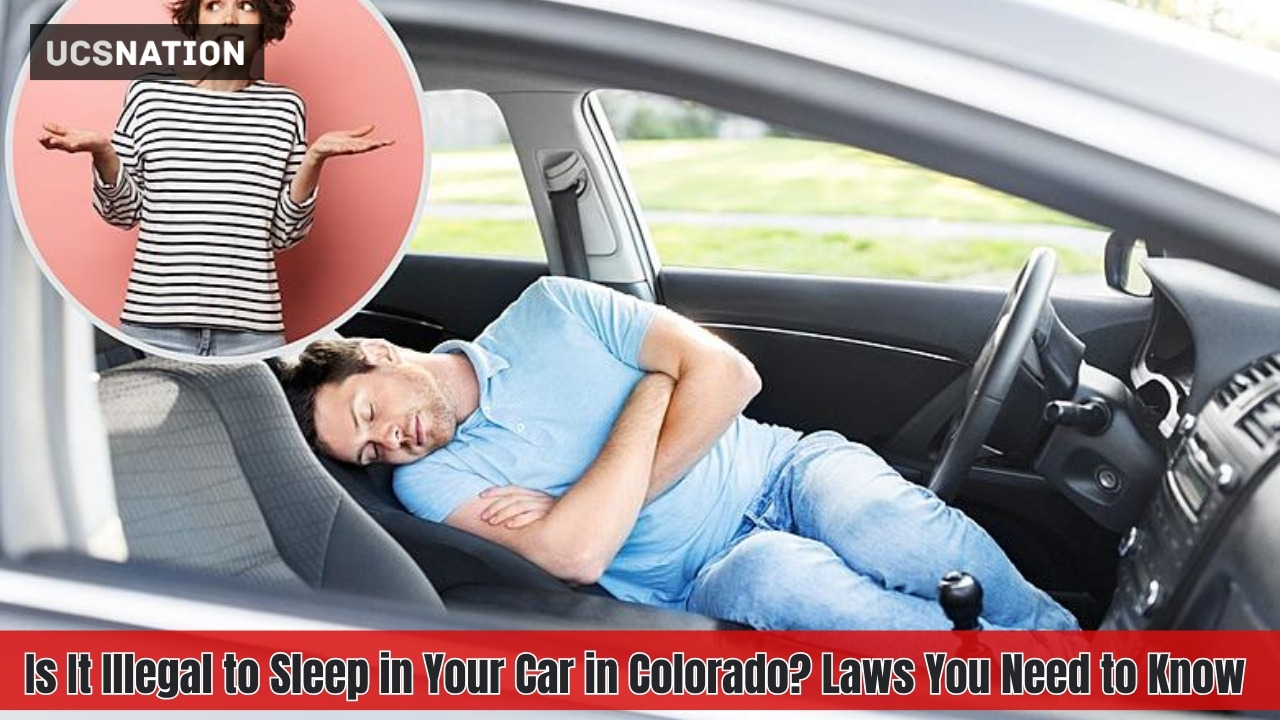
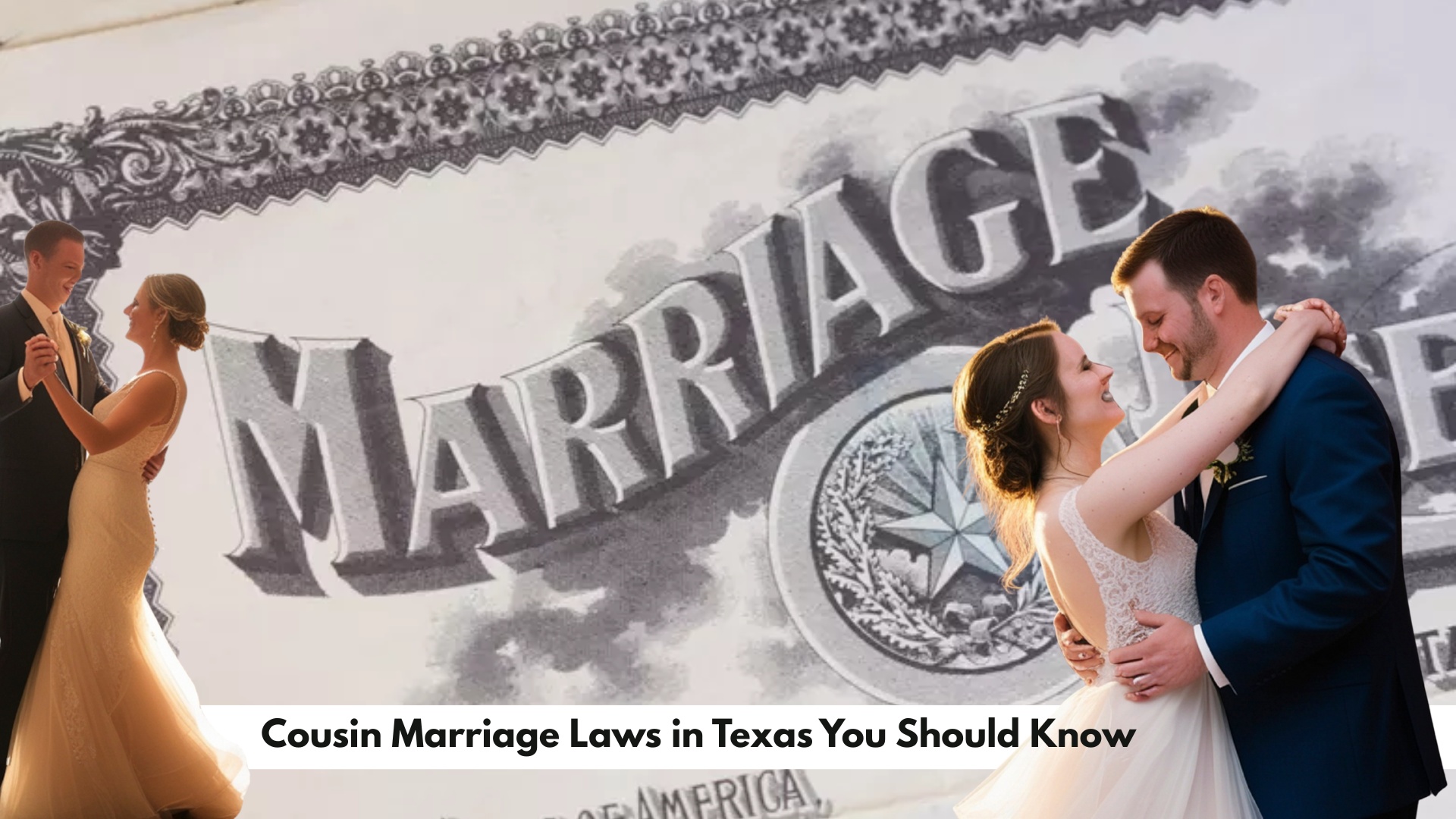

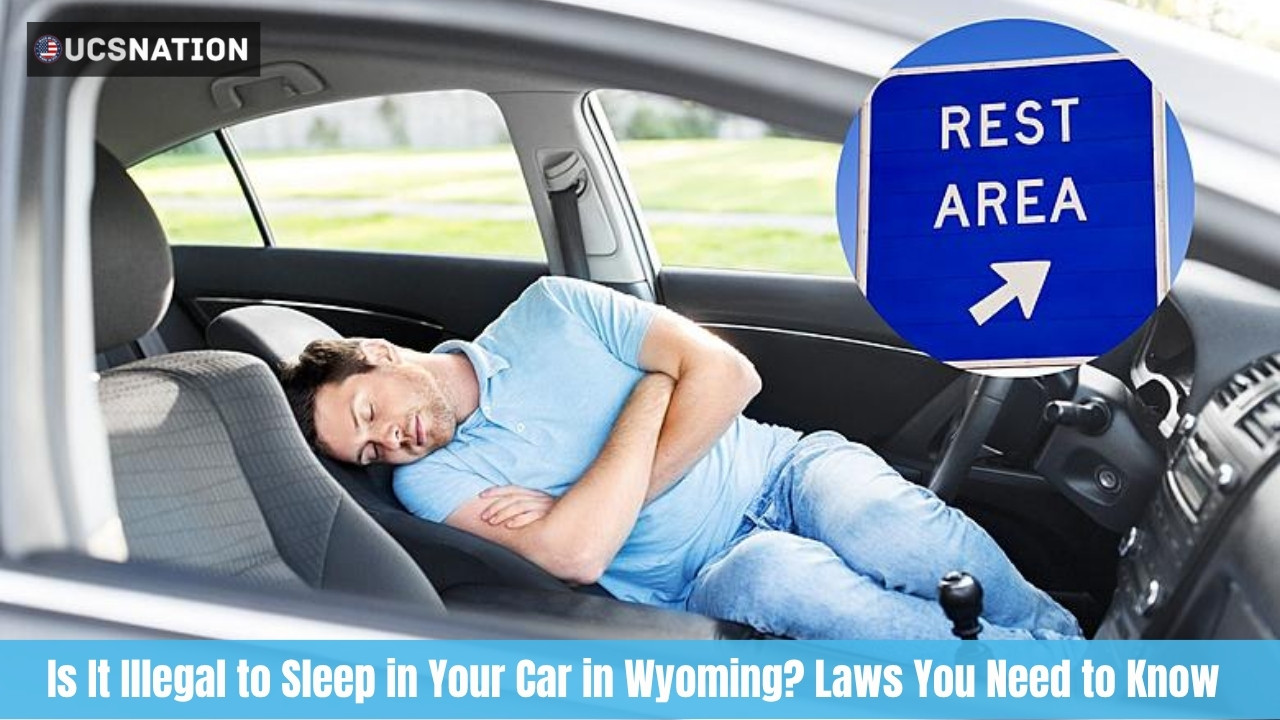
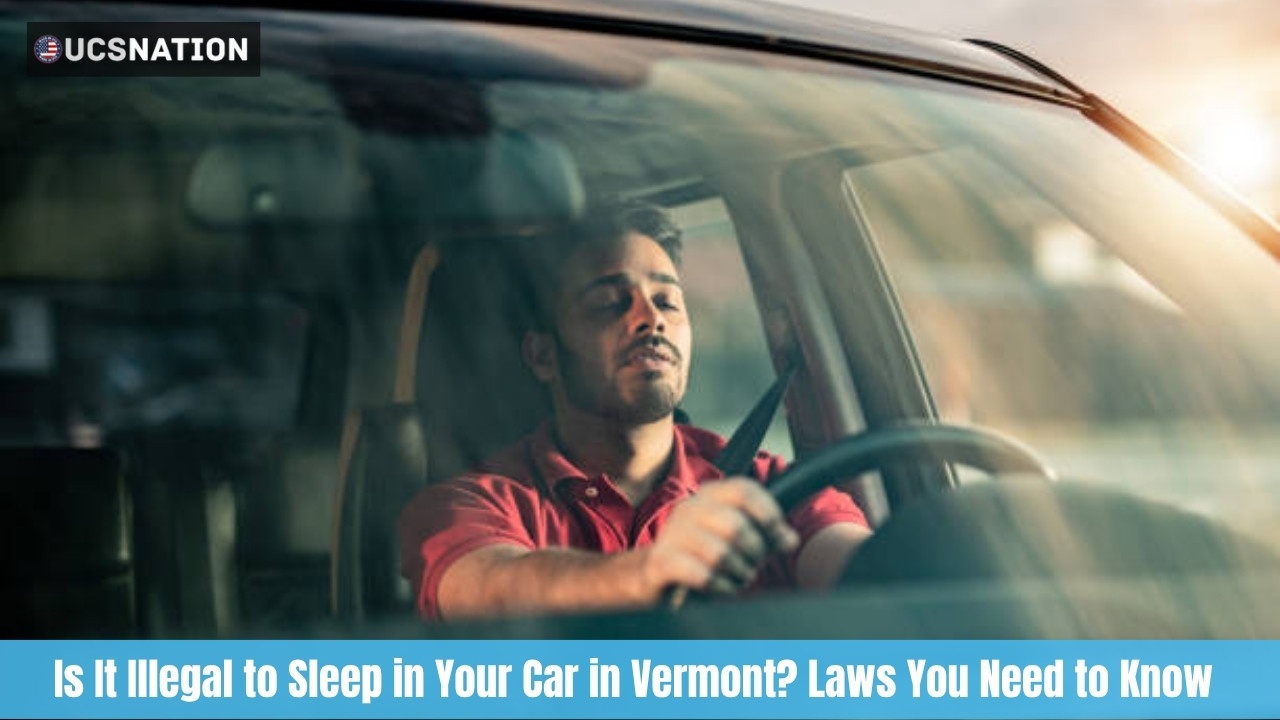
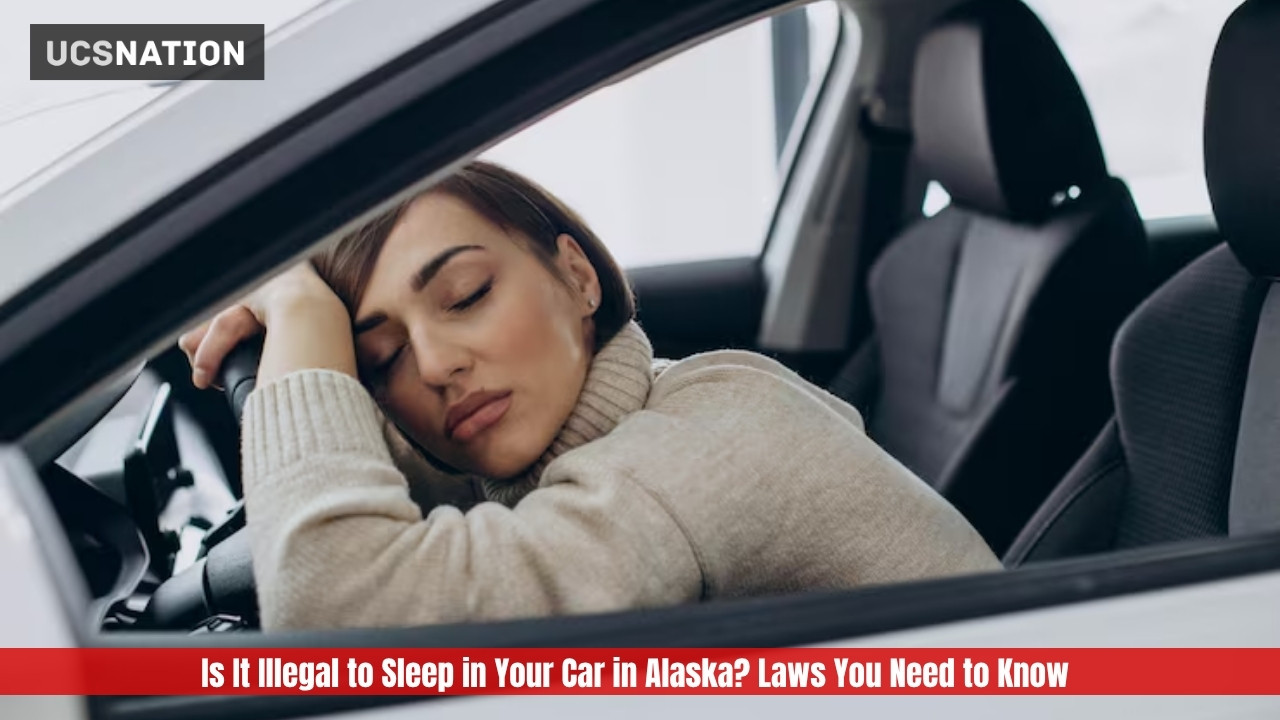
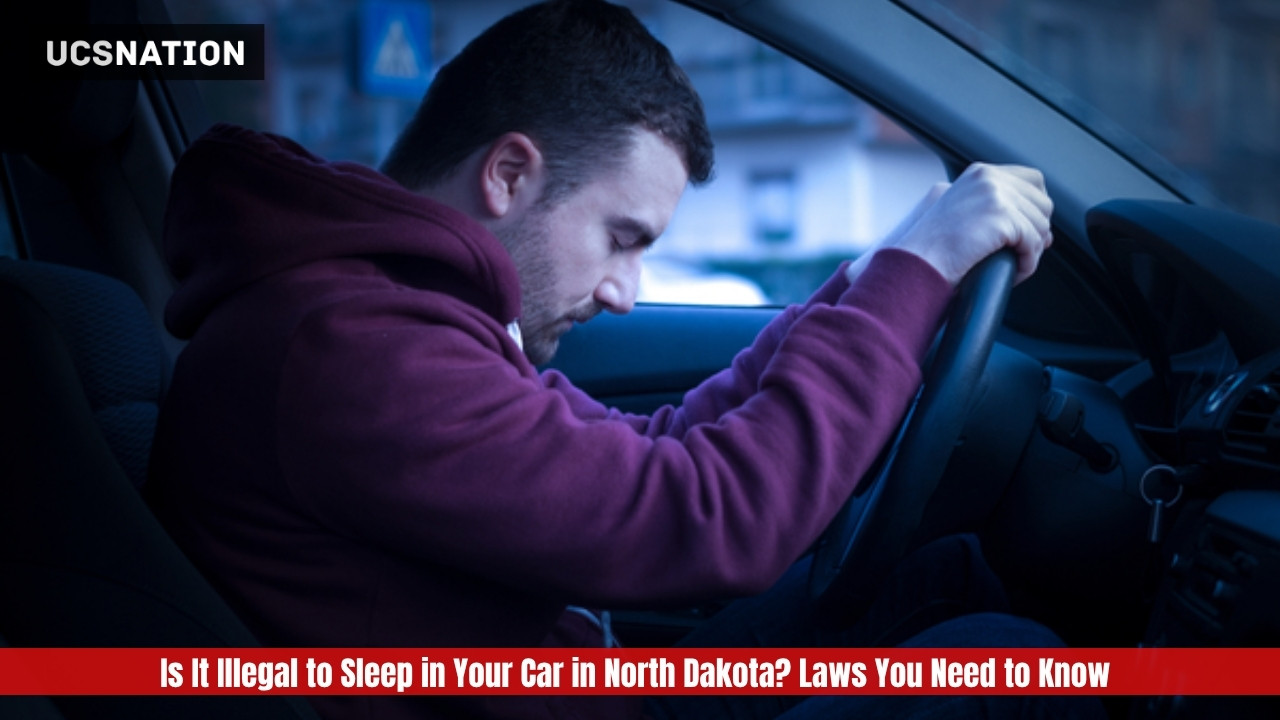
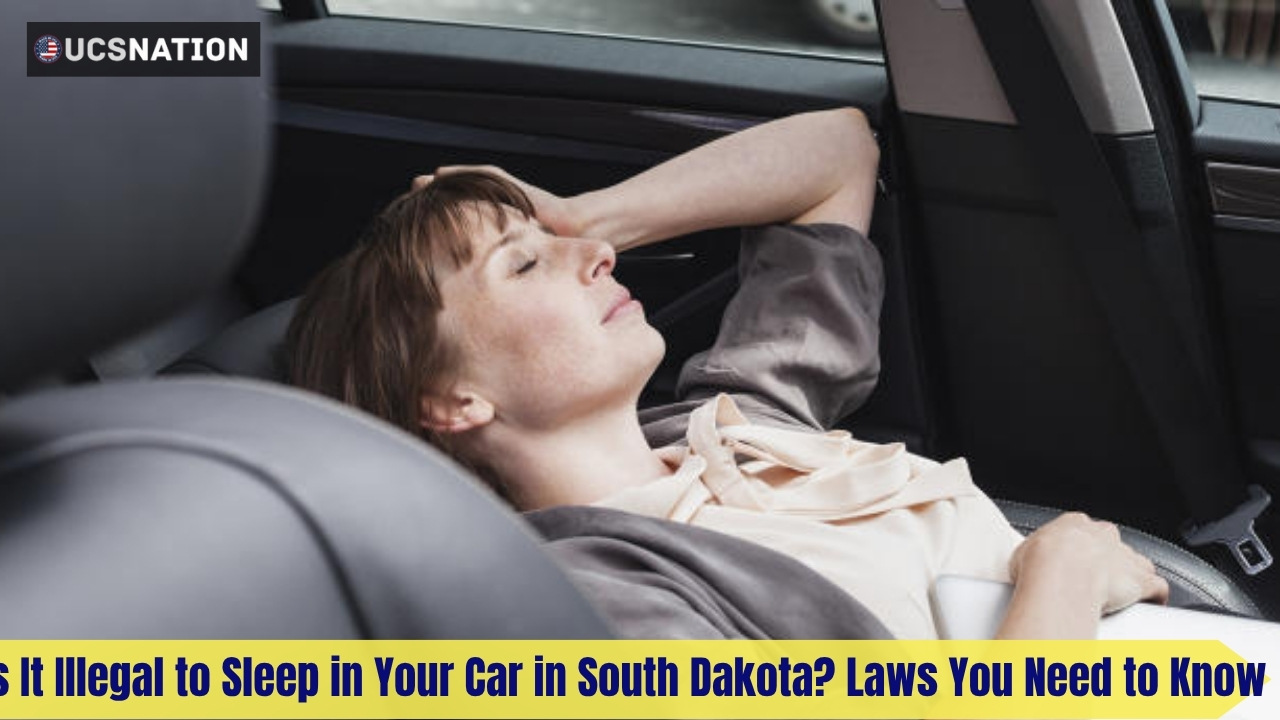
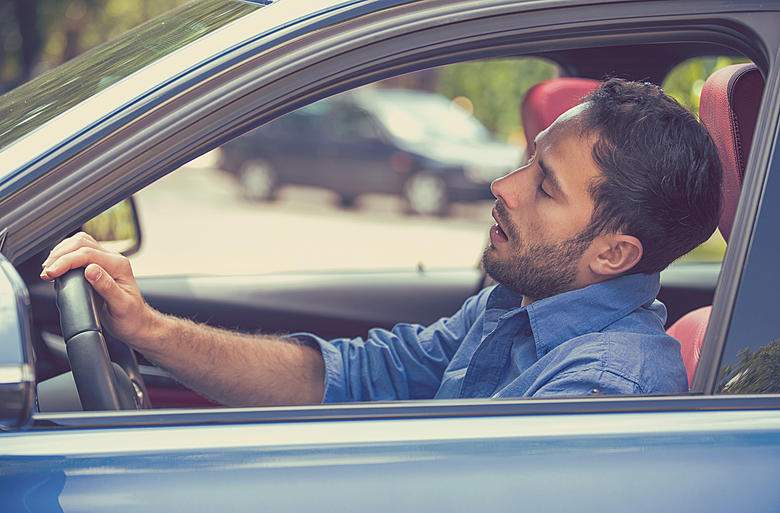
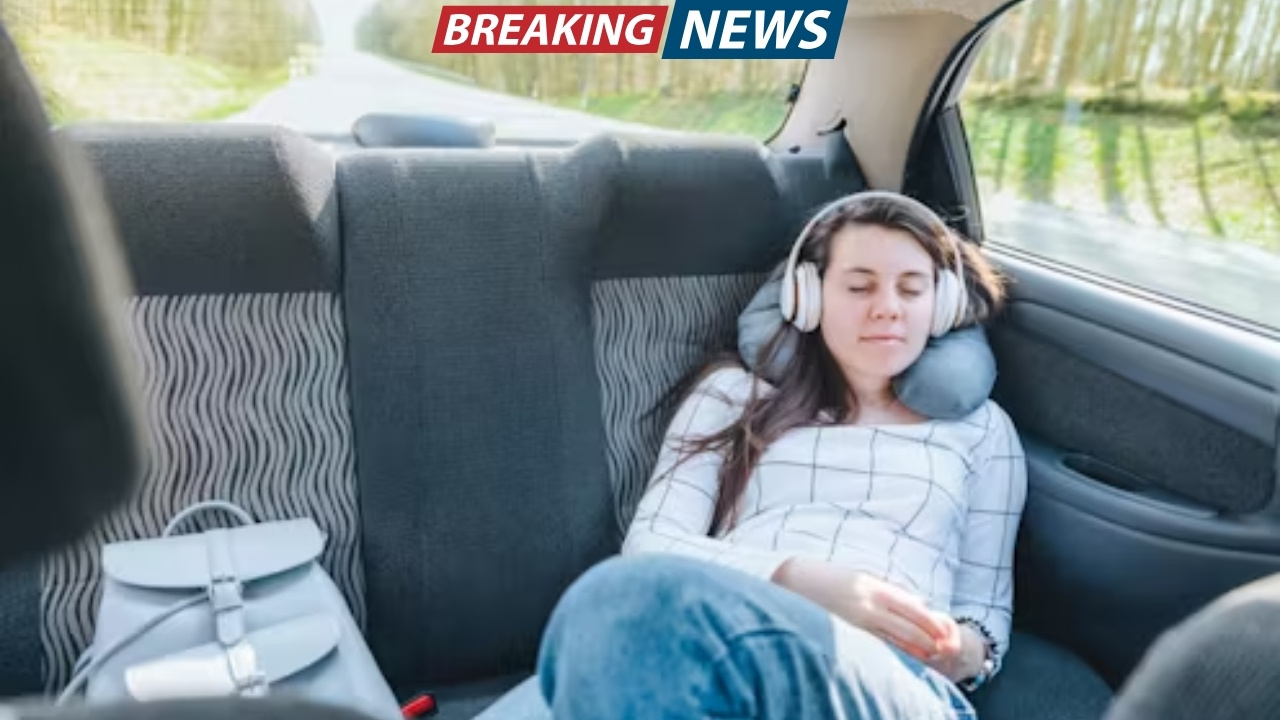
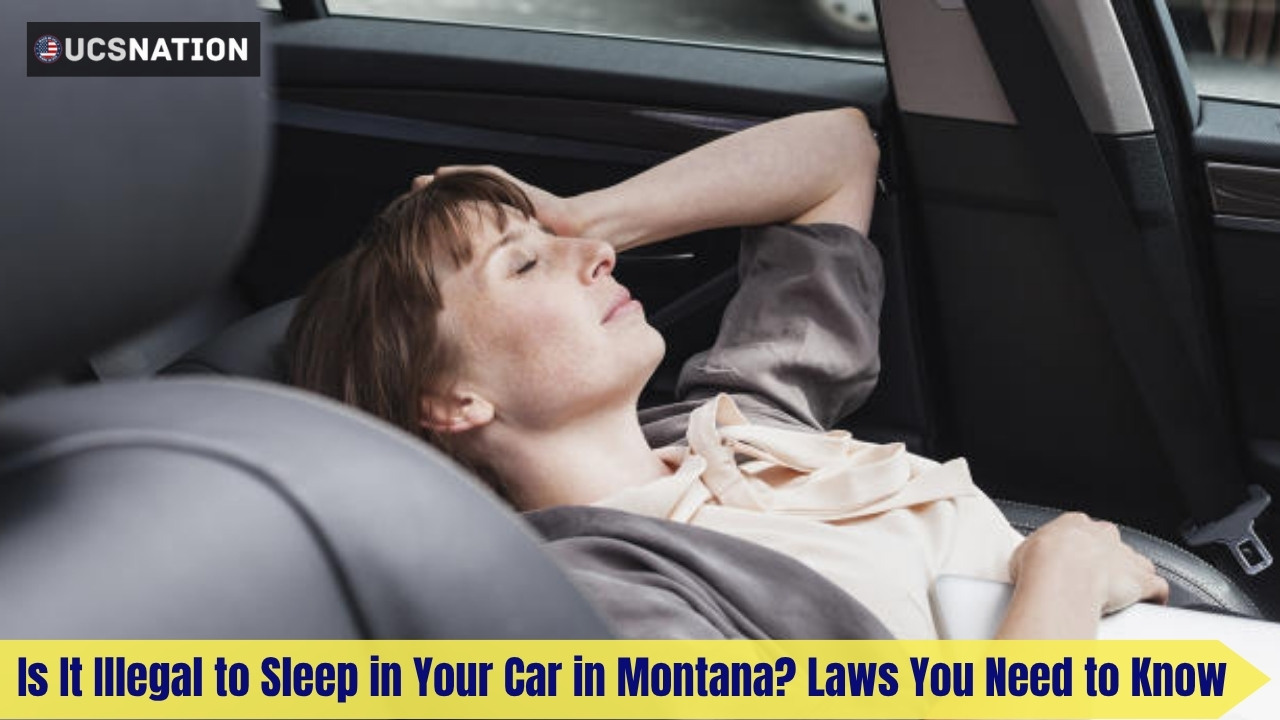

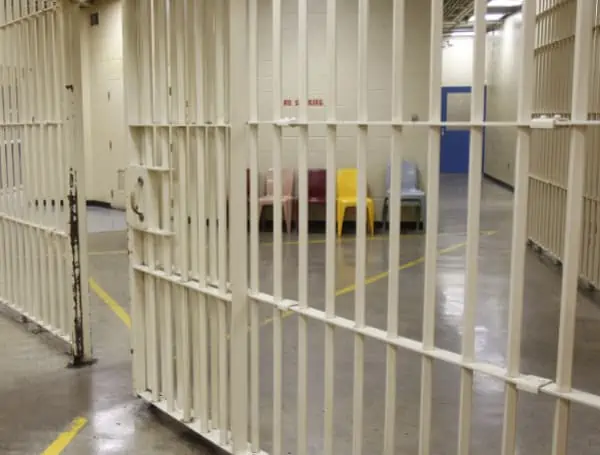

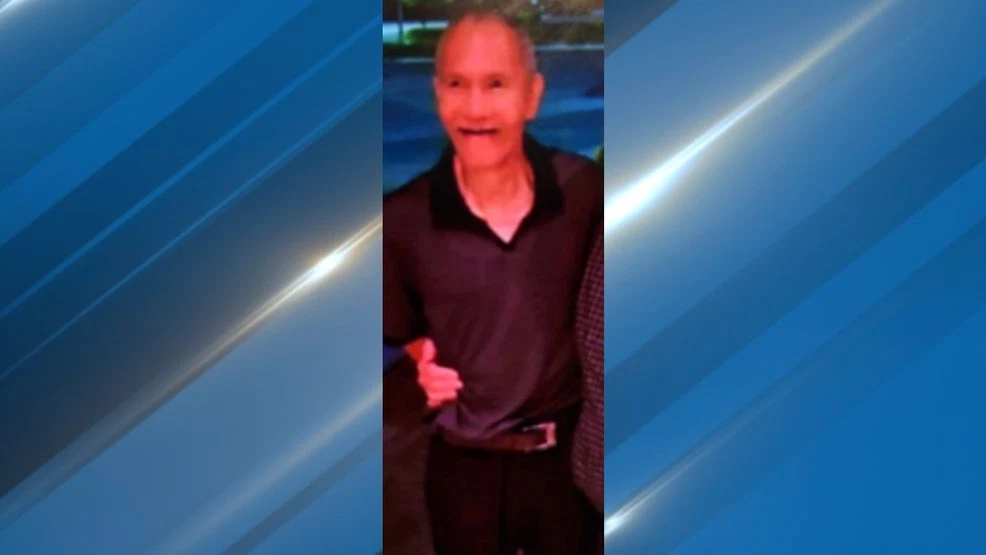
Leave a Reply